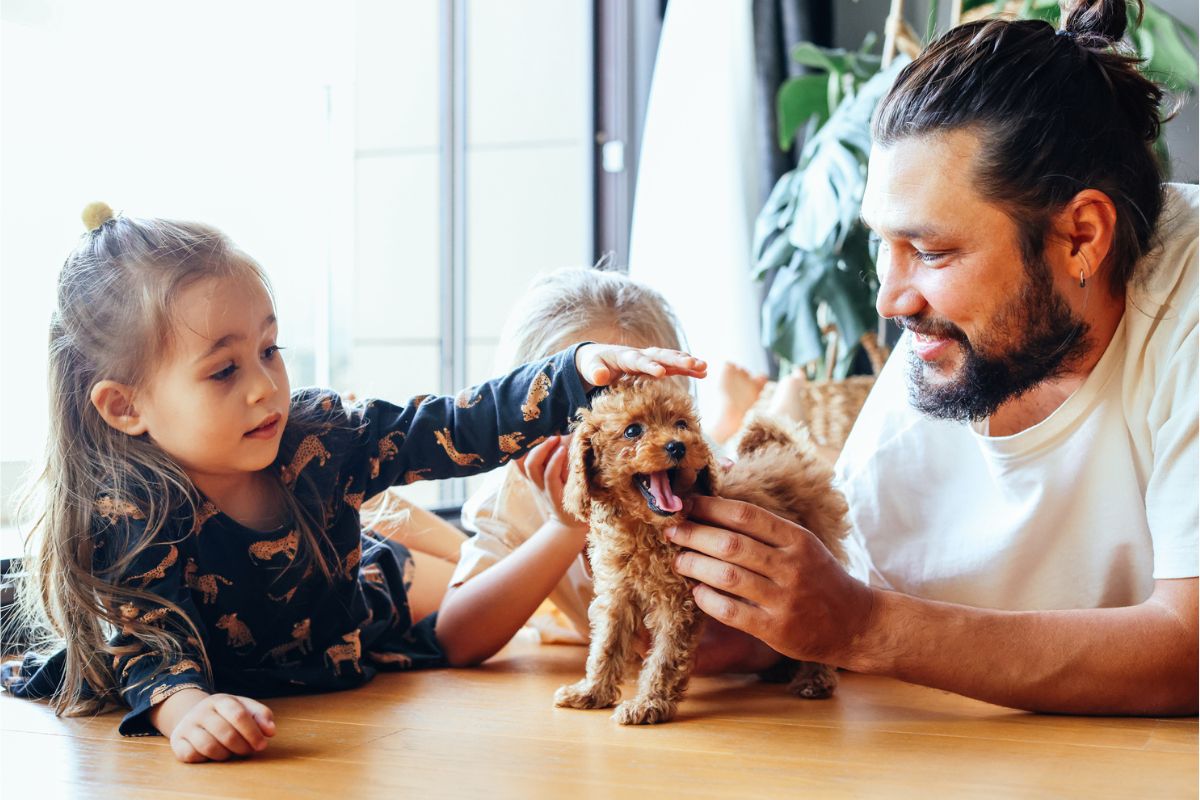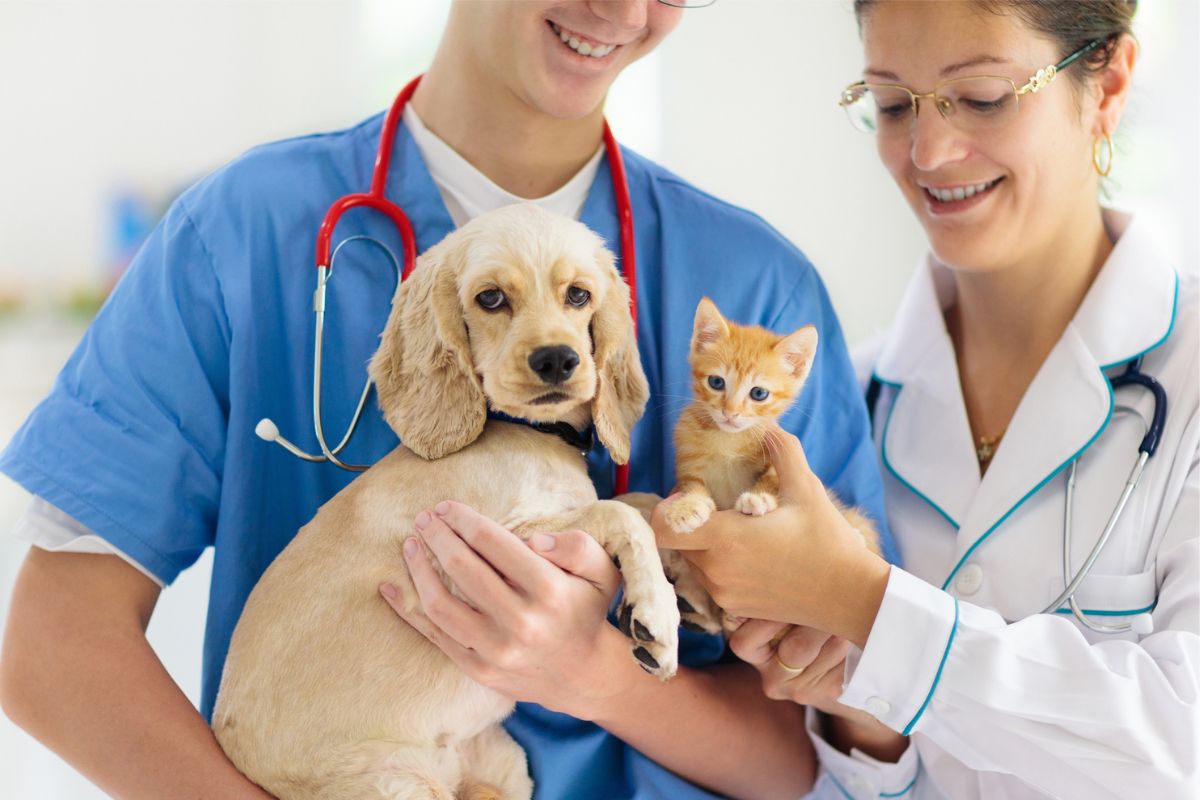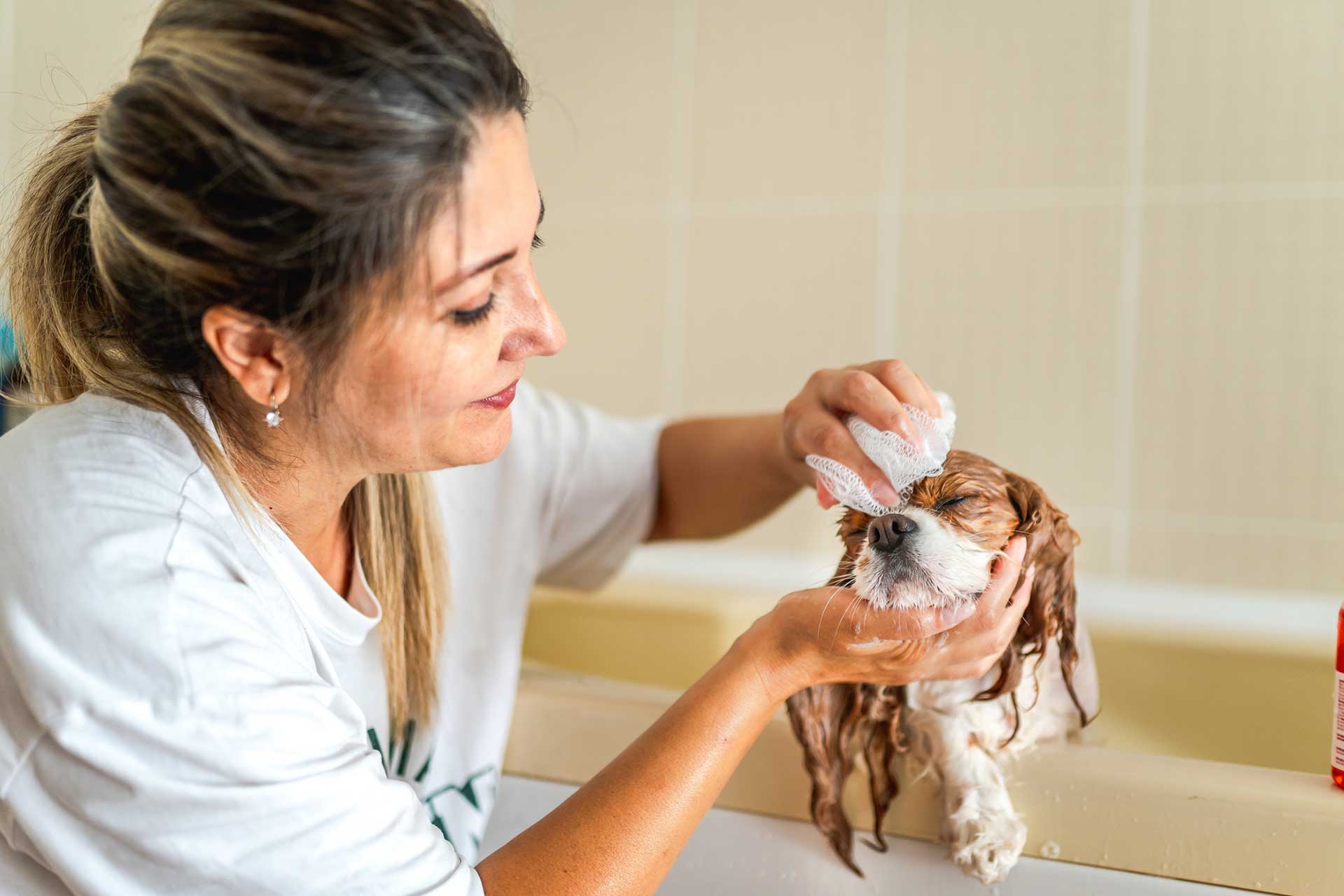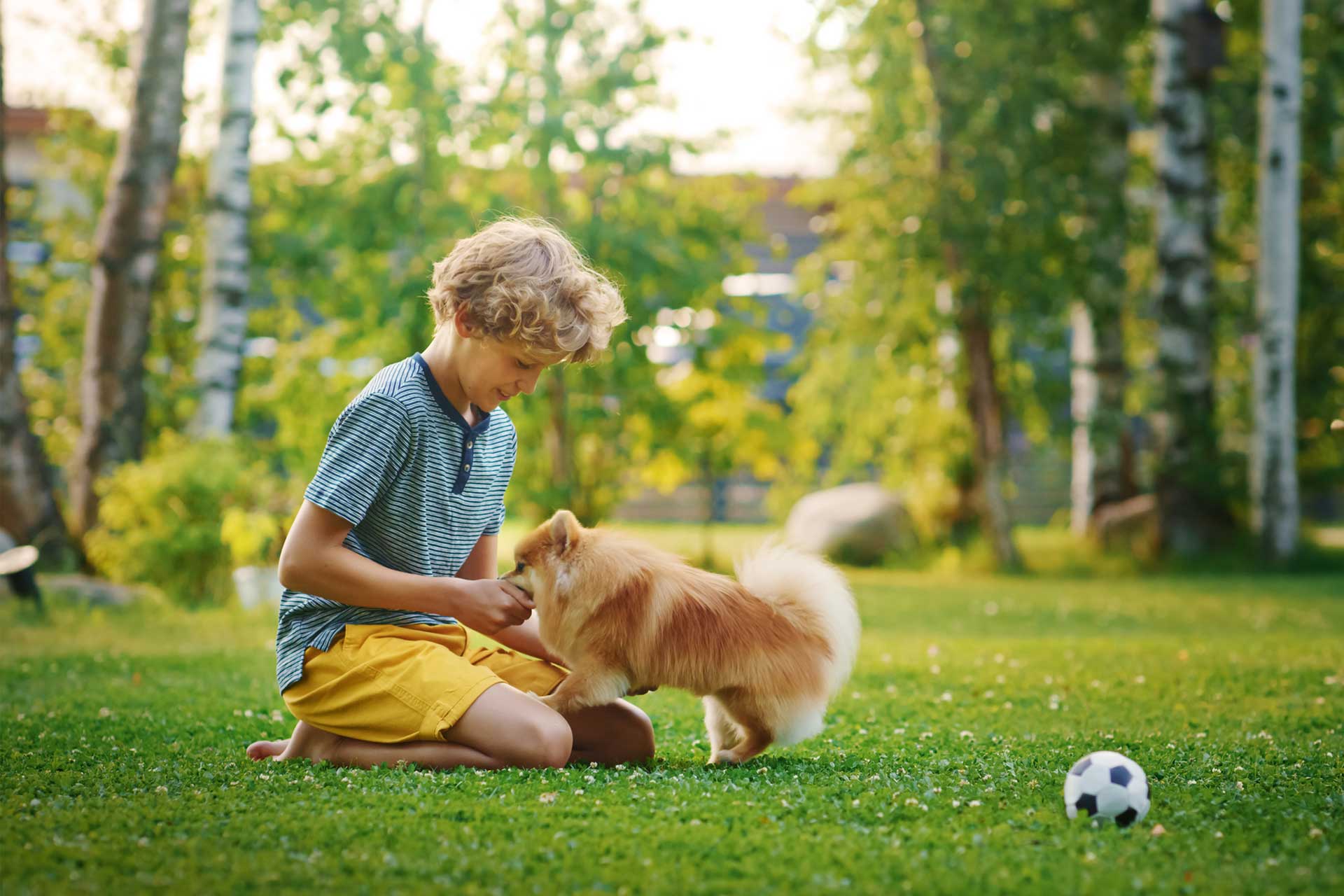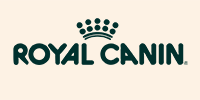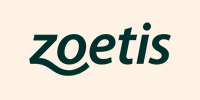Socialisation is an essential part of a young puppy’s life. During their first few months, they will learn to communicate and get along with people and other animals. Each interaction will shape their behaviour and responses to the world around them. Familiarising them with different environments teaches them to adapt to diverse surroundings, and introducing them to many sights, sounds, and smells will reduce the likelihood of fear or anxiety in new situations, which is crucial to prevent them from developing phobias later in life. A well-socialised puppy will grow into a happy, resilient, confident, well-behaved adult dog.
Navigating socialisation before they’re fully vaccinated
Puppy socialisation begins before you take them home. They start learning important social skills by interacting with their mum and litter mates from three weeks old. Responsible breeders will also help socialise puppies before they go to their new home. They’ll introduce them to various people and expose them to everyday sounds, different surfaces, and textures.
Once you welcome your puppy home at around eight weeks, it’s your turn to continue their socialisation. It’s very important to avoid taking them to dog parks or other places where dogs congregate until they’ve completed their vaccination schedule. These places can be a breeding ground for diseases like parvovirus, canine cough, and parasites.
But the good news is you can start socialising your puppy at home before they’re fully vaccinated; you just need to be safe and sensible about it. Once they’re fully vaccinated, they can explore the world outside of your house and interact with other dogs; however, in the meantime, there’s plenty of socialisation you can do at home, such as:
- Introduce them to people of all ages: adults, kids and other pets living in the house.
- Ask your visitors to pat your puppy all over their body so they can start getting used to being handed by different people. This will help them not fear being handled by a vet or dog groomer.
- Expose them to the noises of different household appliances, such as the vacuum cleaner and dishwasher.
- Encourage them to play on different surfaces, like grass, carpet, and floorboards.
When introducing your puppy to new experiences, sights, and sounds, make sure the interaction is positive and keep the duration short, so they don’t become overwhelmed or frightened.
Puppy school: a safe haven for socialisation
Given that puppies typically can’t mingle with other dogs before their third vaccination, Puppy school is an ideal setting for them to socialise safely with puppies of similar ages and, of course, with other humans in a clean and controlled environment. It’s also an excellent opportunity for you and your puppy to learn essential skills such as basic obedience, toilet training, loose-lead walking and positive reinforcement techniques.
Ask your local vet if they run Puppy school classes.
Expanding socialisation once they’re fully vaccinated
Once you complete the full 14-16 week vaccination schedule, wait another two weeks to ensure your puppy is fully protected from common diseases. Now it’s time for them to explore the big, wide world. To build their confidence, it’s important to introduce them to as many people, animals, environments and experiences as possible over the next couple of months.
Take them on short walks, car rides, visit friends’ houses, book their first groom and introduce them to different environments such as the beach. Encourage them to interact with various people, modes of transport, and fully vaccinated dogs and other pets. Expose them to loud noises, like lawn mowers, fireworks, thunderstorms, and large crowds. This will help desensitise them to loud noises and help your puppy be less reactive to loud noises when they become adults.
Top tips for positive socialisation
It’s important to make every encounter positive and enjoyable for your puppy. Encourage their curiosity and use treats, toys, and praise to reward calm and confident behaviour. If they respond in fear to a new person or animal, you mustn’t make a big deal of it or remove them from the situation briskly. This will only reinforce negativity and lay the foundations for a fearful response in future.
Taking the time to socialise your puppy during their first few months properly lays the groundwork for a well-behaved adult dog. If your puppy isn’t properly socialised, they can develop phobias and behavioural problems that can be hard to fix. Remember, socialisation is an ongoing process. While it’s important they’re exposed to as many interactions as possible during their canine development stage, it’s also important to continue exposing your puppy to new experiences throughout their first year.
For more advice on puppy socialisation, talk to your vet.
